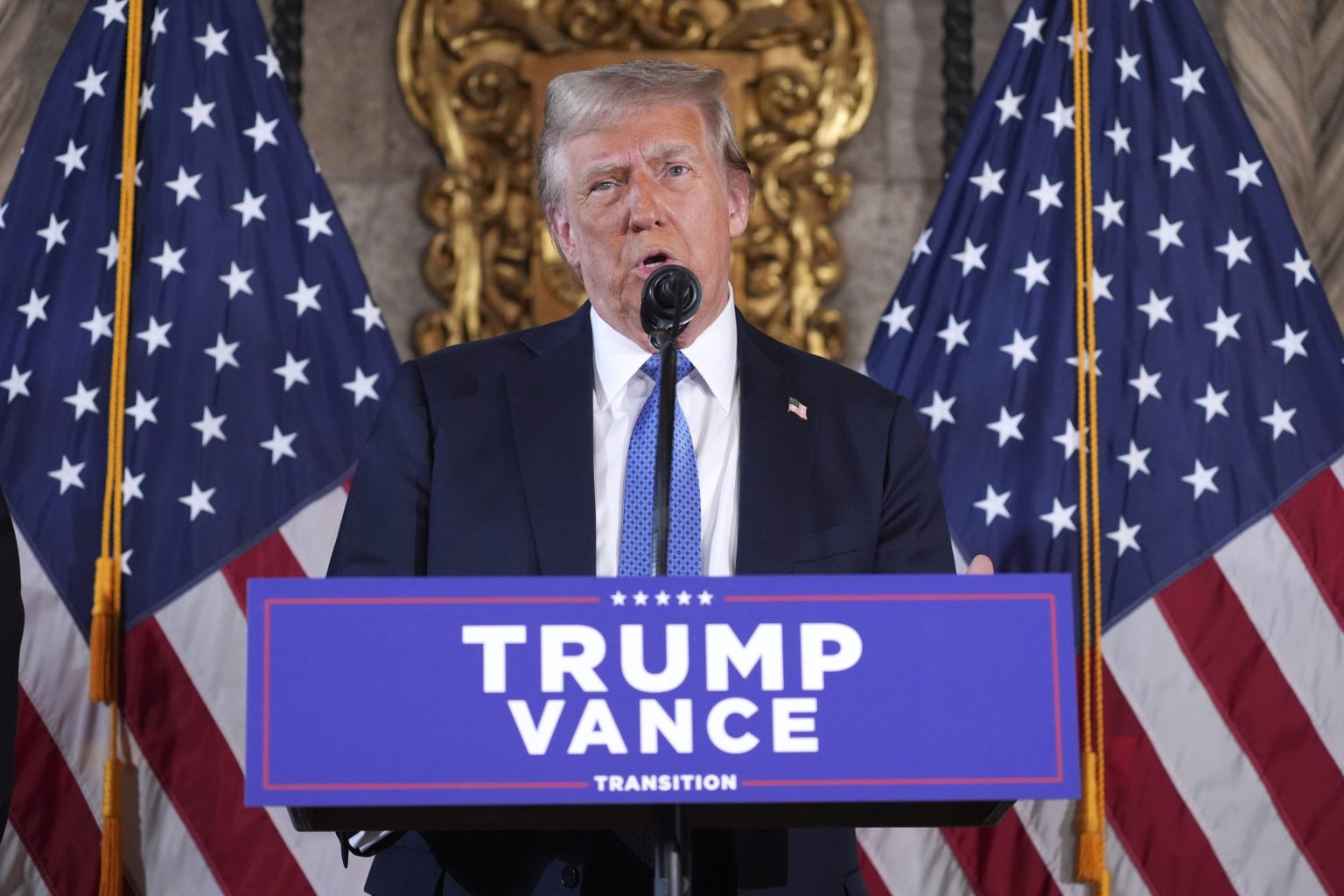Donald Trump’s recent pronouncements on trade policy, specifically his threat to impose tariffs on the European Union, signal a potential resurgence of his protectionist approach to international trade. Speaking from his Mar-a-Lago residence in Florida, Trump reiterated his long-standing grievance against what he perceives as an unfair trade imbalance between the US and the EU. He explicitly linked the reduction of this trade deficit to the EU’s increased purchase of American oil and gas, framing the issue as a quid pro quo: either the EU makes substantial purchases of American energy resources, or they face the consequences of sweeping tariffs. This statement underscores Trump’s transactional view of international relations and his willingness to utilize tariffs as a tool to exert pressure on trading partners. It also reflects his continued focus on energy independence and his belief that leveraging American energy resources can be a powerful bargaining chip in trade negotiations.
Trump’s demand that the EU address the trade deficit by purchasing American oil and gas raises several critical points. Firstly, it reflects his prioritization of the domestic energy sector, aiming to stimulate production and create jobs within the United States. Secondly, it highlights his skepticism of multilateral trade agreements and his preference for bilateral deals that he believes offer more direct control over trade terms. Thirdly, it suggests a potential shift away from traditional trade negotiations towards a more direct and potentially confrontational approach, using the threat of tariffs as a primary negotiating tactic. This approach carries significant risks, potentially triggering retaliatory measures from the EU and escalating trade tensions, ultimately harming both economies.
The actual trade figures between the US and the EU present a more nuanced picture than Trump’s rhetoric suggests. While a trade deficit does exist, its magnitude and implications are subject to interpretation. Official data reveals that while the US imports more goods from the EU than it exports, the deficit has been decreasing. Furthermore, a simplistic focus on the goods trade deficit overlooks other crucial aspects of the economic relationship, such as services trade, investment flows, and the complex supply chains that link the two economies. These interconnected aspects highlight the potential economic consequences of a tariff war, which could disrupt supply chains, increase prices for consumers, and harm businesses on both sides of the Atlantic.
Trump’s frequent use of tariff threats as a negotiating tactic raises concerns about the predictability and stability of US trade policy. His previous actions, including imposing tariffs on steel and aluminum imports from the EU, demonstrate his willingness to act on these threats. Such actions often lead to retaliatory measures, creating a cycle of escalating trade tensions that can damage global economic growth. The EU’s response to previous tariff threats has been firm, indicating that they are unlikely to capitulate to pressure tactics. A renewed trade conflict between the US and the EU could have significant ramifications for the global economy, particularly given the existing geopolitical uncertainties and the ongoing war in Ukraine.
The potential impact of a trade war between the US and the EU extends beyond just economic considerations. It could also strain transatlantic relations, impacting cooperation on critical issues like climate change, security, and global health. The EU and the US are key allies, and a trade conflict could weaken their collective ability to address these global challenges. Furthermore, it could create an opening for other global powers to exert influence and potentially undermine the existing international order. Therefore, a cautious and considered approach to trade relations is crucial to maintain stability and cooperation.
In conclusion, Trump’s threat to impose tariffs on the EU represents a potential return to his protectionist trade policies. While he emphasizes the need to address the trade deficit, his approach risks escalating trade tensions and damaging the vital economic and political relationship between the US and the EU. A comprehensive understanding of the complex trade dynamics and the potential ramifications of a trade war is essential for informed policymaking and for navigating the delicate balance between promoting domestic interests and maintaining international cooperation. A purely transactional approach to trade, based on threats and ultimatums, may ultimately prove counterproductive and harmful to long-term economic prosperity and global stability.


